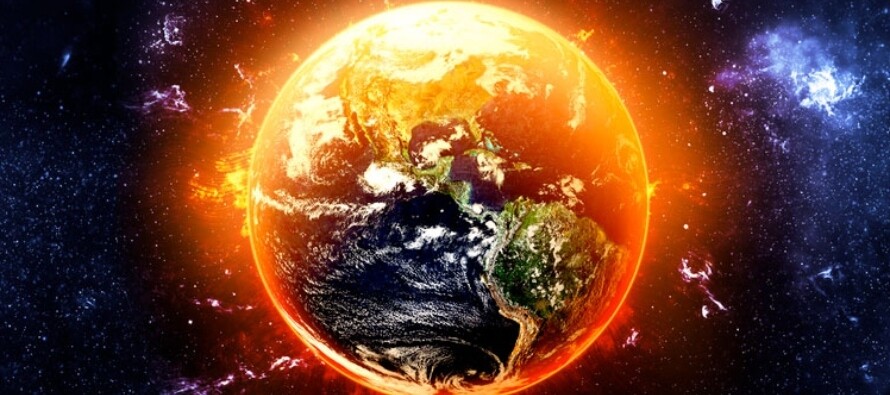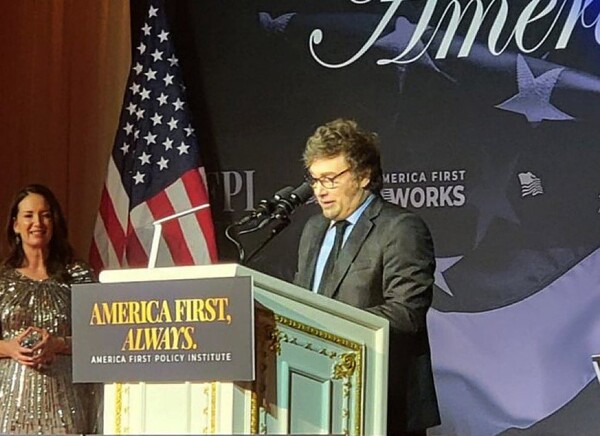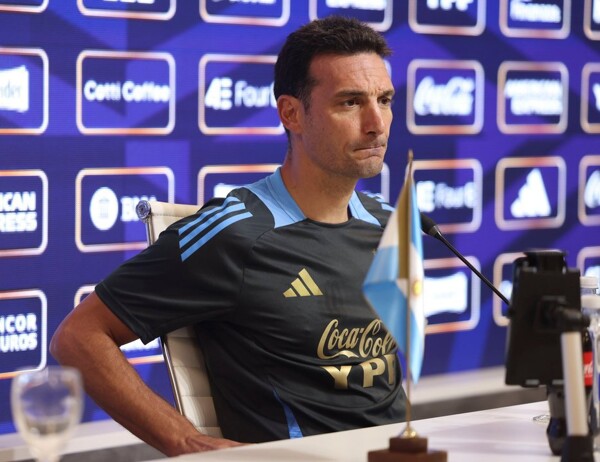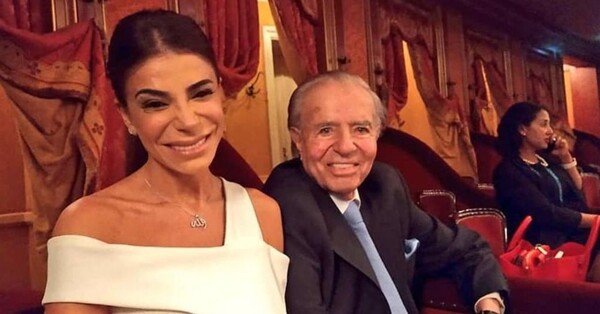
The Argentine government did not respond to comment requests from The Associated Press. Climate activists described the decision as regrettable. 'It is largely symbolic and all it does is take the country out of critical conversations about climate financing,' said Anabella Rosemberg, born in Argentina and working as a senior advisor at Climate Action Network International. 'We are witnessing climate impacts that are causing many costs, not just economic but also human losses,' she said.
Argentina withdrew on Wednesday from negotiations at the orders of its president, Javier Milei, a climate change skeptic, as first reported by Climatica. 'It is about equity, it is about justice,' he said. The lead negotiator for COP29, Yalchin Rafiyev, said reaching an agreement on money for developing nations is 'our top priority.' It is a personal issue for many activists from countries experiencing the most severe and immediate impacts of climate change, such as the Mexican Sandra Leticia Guzmán Luna, director of the climate finance group for Latin America and the Caribbean.
Experts say that developing nations need $1 trillion in climate cash. The major battle in Baku revolves around how much rich nations will help poor countries decarbonize their energy systems, face future damage caused by climate change, and pay for damage from extreme weather. A special independent group of experts commissioned by United Nations Secretary-General António Guterres provided its own cost and finance estimates on Thursday, calling for a tripling of previous commitments. 'Advanced economies need to demonstrate credible commitment' to help poor nations, the report stated.
For the third consecutive year, efforts to combat climate change have not reduced projections of how much the world will warm, according to an analysis published on Thursday as countries convene for another round of talks to curb warming. At the United Nations climate talks held in Baku, Azerbaijan, nations are trying to set new targets to reduce greenhouse gas emissions and determine how much wealthy nations will pay to assist the world with that task. However, Earth is still on track to warm by 2.7 degrees Celsius since the pre-industrial era, according to Climate Action Tracker, a group of scientists and analysts who study government policies and translate that into warming projections.
'There are many positive things here, but in the general issue of really doing things to reduce emissions (...) it seems to me that it is not working,' said Bill Hare. The political system, politicians are not reacting. It is not much, but it could be more if other nations use it as an excuse to do less, he said. In statements at the French Senate, Pannier-Runacher criticized the leader of Azerbaijan for using the fight against climate change 'for a shameful personal agenda.' 'Direct attacks on our country, its institutions, and its territories are unjustifiable,' he said, adding that it was 'ironic that Azerbaijan, a repressive regime, gives lessons on human rights.'














